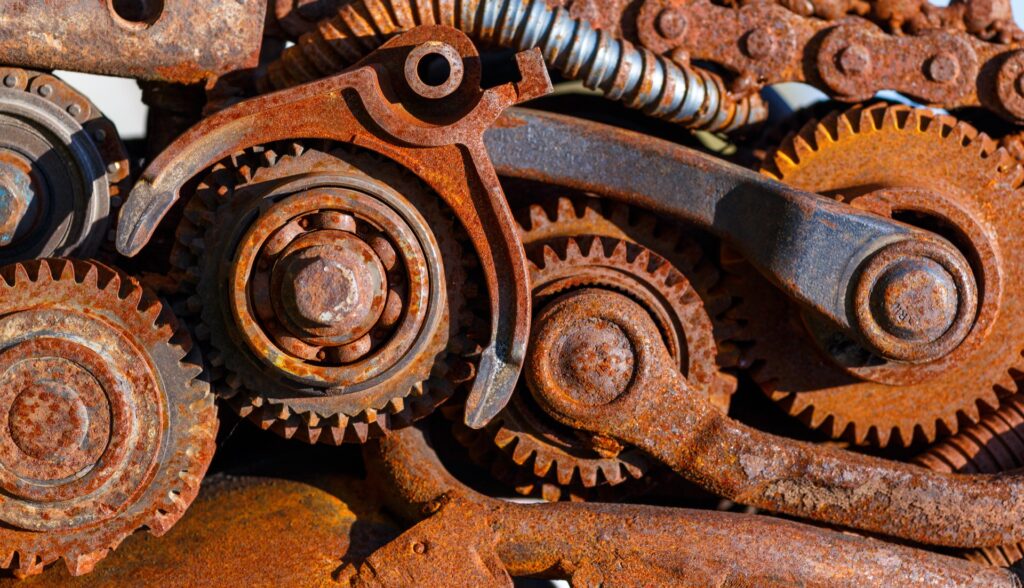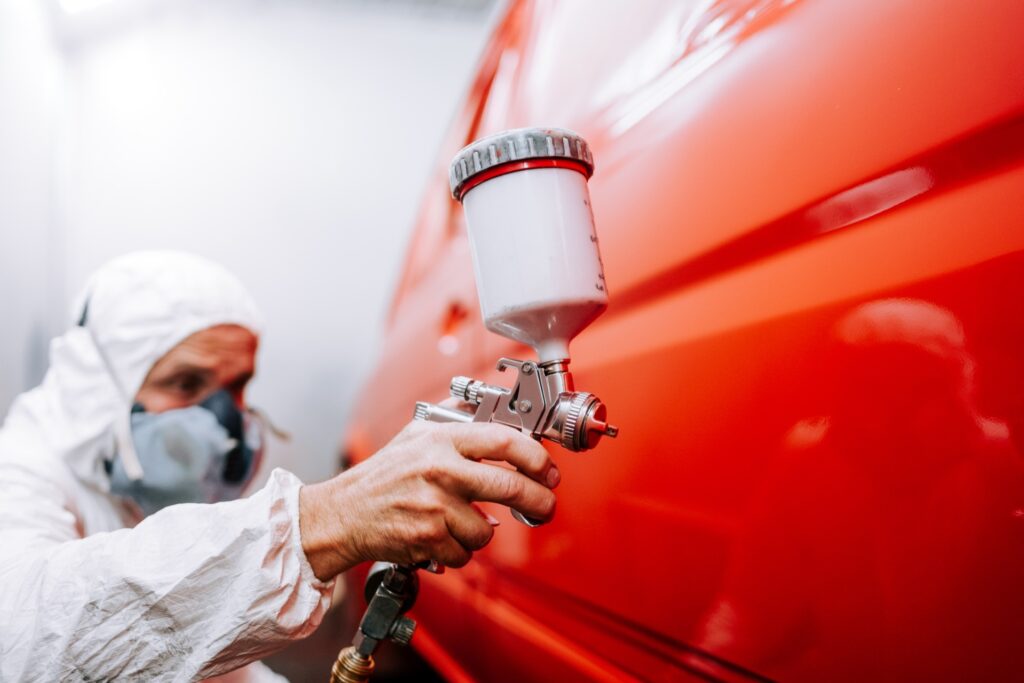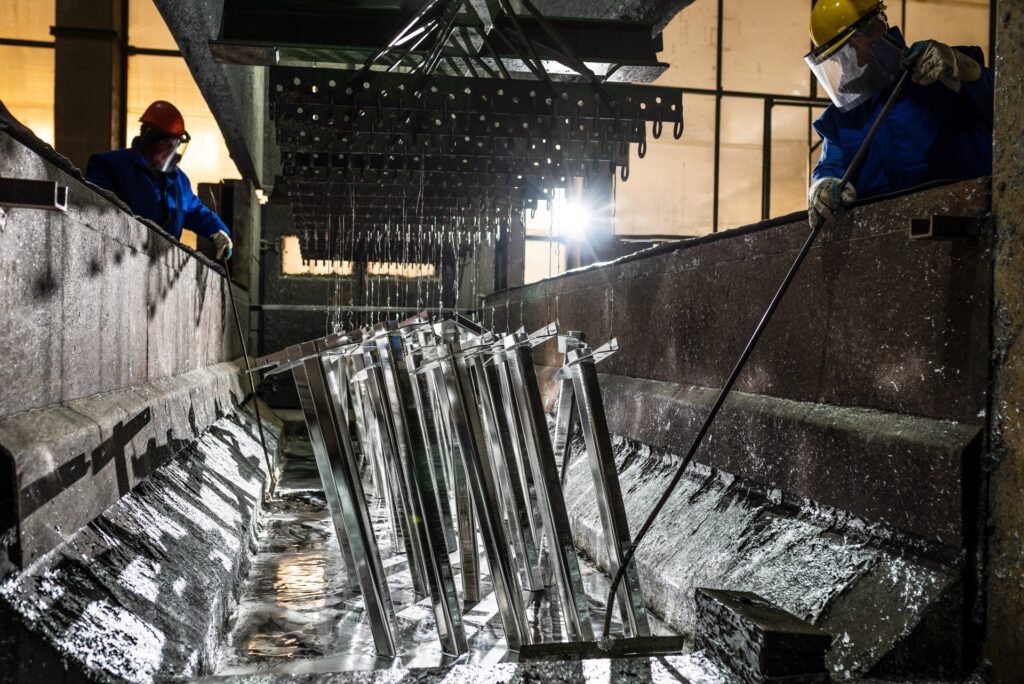Unfortunately, many metals don’t last forever mainly due to one thing: rust. Rust occurs when a metal (most often steel or iron) corrodes due to a process called oxidation. Unfortunately, rust often causes many problems since it compromises the strength of a metal. However, not all metals rust. One of the interesting facts about aluminum is that it actually doesn’t rust—the same is true for some grades of stainless steel as well.
Because rust causes many structural problems, preventing it is often highly important in both the construction and manufacturing industry. We break down some of the key ways you can prevent rust from occurring.
Using Aluminum and Other Metal’s Unique Anti-Corrosion Properties
If possible, one of the most effective ways at preventing rust is just to change the material you’re working with. As mentioned previously, one of the interesting facts about aluminum is that it doesn’t corrode along with specific grades of stainless steel. Other metals that don’t corrode (or corrode at a significantly slower rate) include:
- Bronze
- Brass
- Copper
- Gold
- Platinum
- Silver
While it’s not always doable to use these metals, in cases where they can be substituted it may be beneficial to swap them in due to their ability to stay rust-free.
Use an Alloy Instead of a Just One Metal
While many metals do corrode they do so at different rates. This is why many alloys take much longer to rust than base metals. Some alloys like weathering steel will get a layer of rust, but then won’t rust further while still retaining their strength. Alloying metals to prevent rust is therefore an excellent choice.
For example, while steel itself is an alloy, it can be made into an even more rust-resistant metal by alloying it with other metals like chromium, nickel, and manganese.
Use Anti-Rust Paint
While no paint lasts forever, it does slow down rusting significantly. Because paint creates a barrier between metal and moisture it prevents rusting from happening at a much greater rate.
A great example of using paint to protect against rust is its use on vehicles. Cars rust significantly less quickly when painted. When the paint starts to wear down, that’s when rust begins which is why it’s important to protect your vehicle against scrapes and scratches.
Paint is also important for using structures like bridges to prevent rusting. However, every few years they will often need to be repainted to remain rust-free.
Store Metal in a Moisture-Free Area
Because rust forms more quickly when a metal is exposed to moisture it naturally makes sense that metal stored in a dry place will form rust much less quickly. However, even small levels of moisture can form rust which is why storing metal in airtight and watertight containers is the only way to prevent it.
On the construction side, you could design a structure in such a way that your interior uses more rust-prone metals while your exterior uses corrosion-resistant ones to reduce the amount of moisture exposure your metal could have.
Galvanize the Metal
Galvanizing metal is similar to painting metal, however in this case you’re painting metal with metal. Zinc specifically is used to galvanize metal because of its resistance to rust. The most common kind of galvanizing process is called hot-dip galvanizing where metal parts are submerged in molten zinc until they are coated. Screws are a great example of parts that are galvanized.
Galvanized metal is ideal for marine applications because the zinc layer prevents it from rusting despite being covered by or exposed to water constantly.
Bluing the Metal
This last process only works for steel, but the results are immensely handy for manufacturers. “Bluing” refers to the process when steel is treated to have a layer of magnetite, or black iron oxide, which often gives it a bluish appearance.
Bluing is most often used in the manufacturing of firearms as it’s a cost-effective approach to preventing rust. However, to extend the life of the metal further it does require regular oiling to keep it rust-free for longer.
While few metals stay rust-free forever, there are many ways to prevent this often annoying process from occurring.


